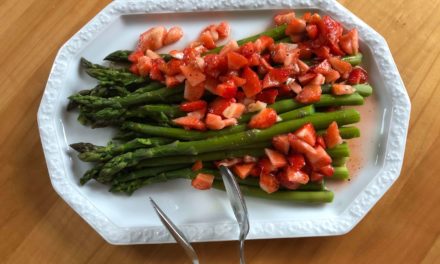Hippocrates 460-370 BC

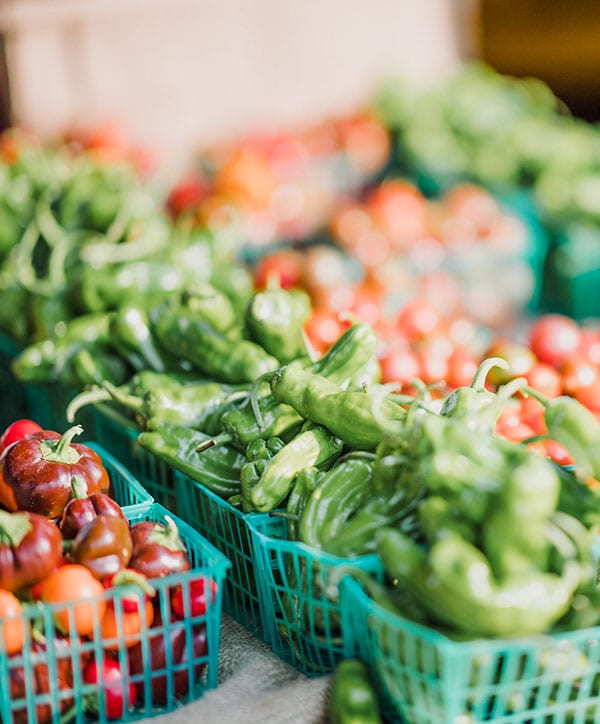
Not breaking news!
It is important to eat healthy food. That's nothing new, Hippocrates said so. In terms of popularity perhaps the Adam Kay of the Ancient World. Hippocrates knew that food is medicine. Hildegard von Bingen also knew that. We seem to have forgotten it. It was worthwhile my trying out different forms of nutrition. Some things I kept on board, some things I didn't. I discovered many new ingredients. I tried out new cooking methods. The journey has created a spirit of positive excitement in my kitchen. It is possible to eat well when you have fibromyalgia. There are times when I feel too exhausted to cook or even eat, too.
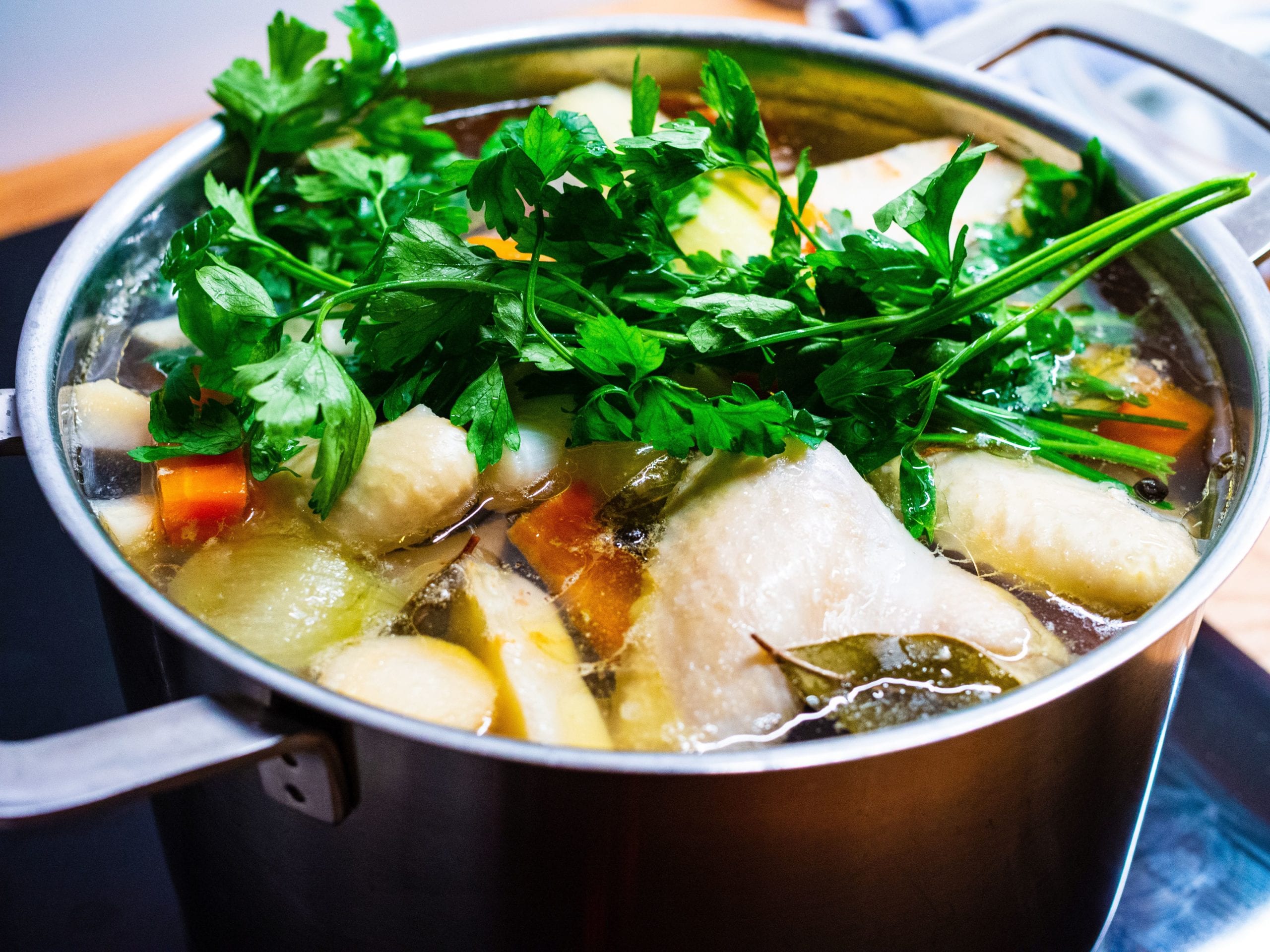

Nutrition Reboot
For me, it was worth it, and I think it is worthwhile for everyone to take a close look at their diet and maybe make some changes here and there. Nutrition has several aspects, it doesn't just have to do with food intake. A hot, homemade chicken soup, is even good for the soul. Being looked after and cooked for is also healing. There are a few food ingredients that studies have shown to be unhelpful to people with fibromyalgia. We don't need to starve though. There are also recommended foods and you can conjure up very tasty meals with them.
"No drug on the market is as important to optimal health as a well balanced diet."
Kathleen Holton, PhD.
Stephens, S., & Mackenzie, S. (2018, March 16). Fibromyalgia: What to Eat, What to Avoid. Retrieved May 15, 2020, from https://www.everydayhealth.com/fibromyalgia/diet/fibromyalgia-what-eat-what-avoid/
This is still true today. Maybe even more so than ever.
Kathleen Holton is a nutritional neuroscientist. She has studied the effects of many food components and nutrients on the brain. She has used the results to develope specific guidelines.
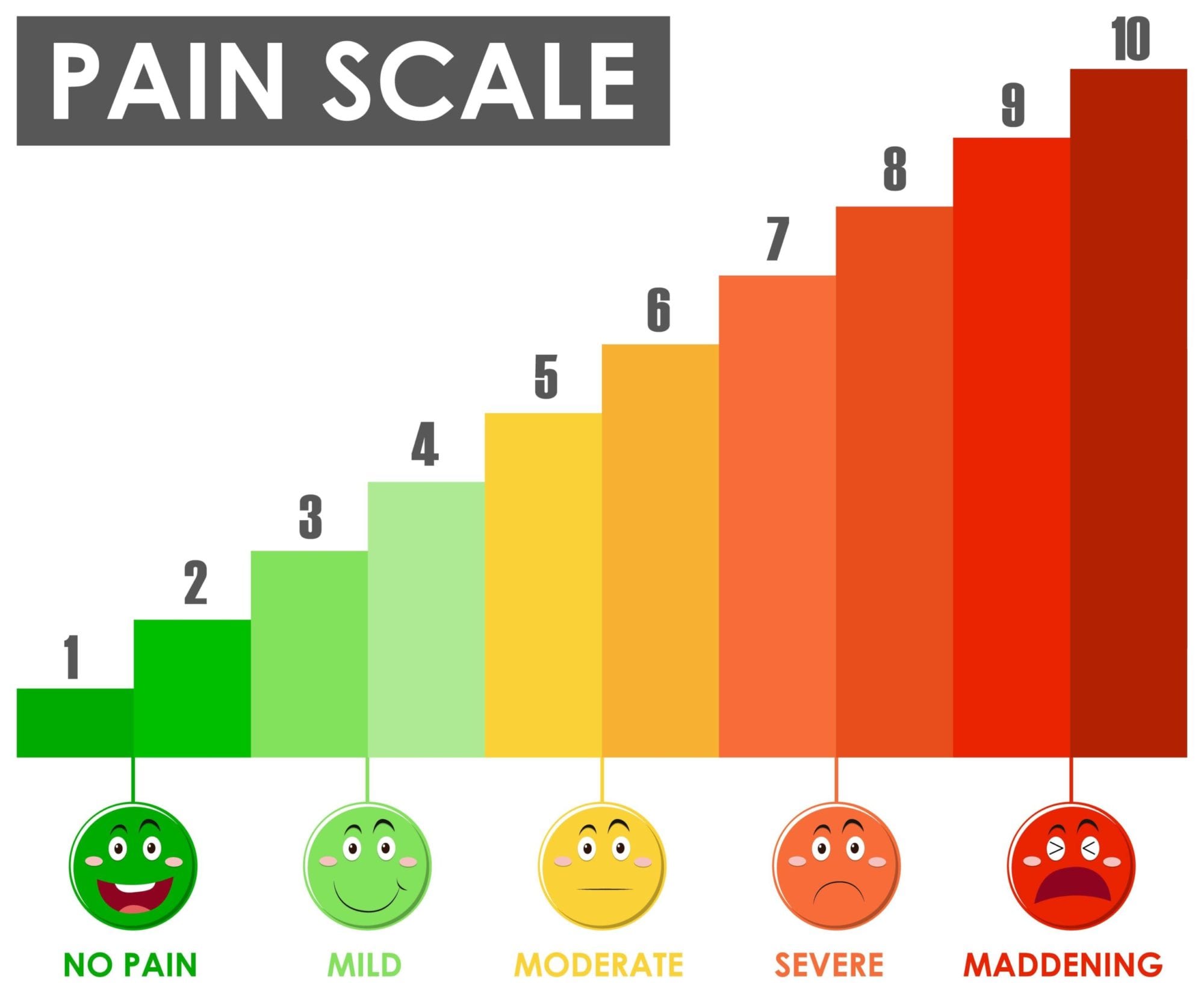

Update: 04.04.2021
I watched this video by Mai Thi Nguyen-Kim "Glutamate is safe". I think we should simply eat little to no industrially processed food, then we are on the right track. Watch the video.
What food can be harmful?
Glutamate! Chinese food? Canned soup? You have probably seen it on the ingredients list on some foods. What some people don't know: Glutamate is a messenger substance (a chemical substance that carries a message in the nervous system). This means that it occurs naturally in our body and also has very important tasks to perform:
- transmitting sensations
- performing movements
- Learning functions - brain and memory
- Appetite control
In a small study, 37 participants with fibromyalgia and irritable bowel syndrome responded to glutamate. Most of them improved their symptoms by over 30 percent. The symptoms worsened again when they returned to glutamate.
What else is there to consider?
Heavily processed foods always have a lot of additives. On the package you will find names and numbers that mean little to you. These processed foods have less fibre and fewer nutrients than natural foods.
Sausages, smoked meats or fish or so-called meat-based products.
Too much sugar. There are now many alternative products for sugar on the market. Rather than use alternatives, it is better to reduce your sugar intake. Sugar-reduced convenience products are not really recommendable either. This sugar reduction is usually negligible. Too much sugar promotes becoming overweight and can cause inflammation.
Gluten. Many fibromyalgia sufferers report that they feel better if they avoid gluten. This is not so difficult nowadays, as there are many gluten-free products available in supermarkets and health food stores. Even for baking and cooking yourself.
It helps some people with fibromyalgia to eat less meat or to switch to a vegetarian or plant-based diet. A well-known problem with pain is hyperacidity. High consumption of meat can lead to this, as it contains arachidonic acid. Hyperacidity also promotes inflammation in the body.
People who choose a purely plant-based diet are recommended to consume high-quality vitamin B12. You will not notice a lack of vitamin B12 immediately. We have large depots of vitamin B12 in our bodies. When they are depleted and nothing is added, we often notice it in hair loss, memory loss, depression, and anaemia, etc. A lack of vitamin B12 can cause many symptoms, tiredness and tingling and numbness in the hands are just two possible indications. Again, before you simply supplement, please check with your doctor first.
What's good for us?
In the case of vitamin D deficiency, supplementing it can lead to a certain reduction of pain. Please always discuss the intake of dietary supplements with your doctor in advance. Vitamin D occurs naturally in some types of fish and in eggs. We can also absorb vitamin D outside. Although this can sometimes be difficult with light and sun sensitivity.
Magnesium supplementation in people with fibromyalgia and magnesium deficiency can reduce pain. This was shown in a study. The dose is very important. So don't just take magnesium from the drugstore. But? That's right! Discuss it with your doctor beforehand. Magnesium occurs naturally in legumes, nuts, seeds, avocado, yoghurt, bananas, oily fish, dark chocolate and dark green vegetables.
Omega-3 fatty acids are highly praised. They combat oxidative stress and inflammation. They are good for the immune system. Oxidative stress is the result of an imbalance between the production of free radicals and the ability of the body to counteract or detoxify the harmful effects they have in neutralizing them with antioxidants. Omega 3 fatty acids are abundant in deep-sea fish, walnuts, chia seeds, and linseed, among others. You can also take it as a food supplement. Watch out for aspartate, an amino acid that is also not supposed to be good for people with fibromyalgia.
Antioxidants: Make your plate colourful! Foods that make our meal colourful, such as tomatoes, beetroot, green vegetables, carrots, sweet potatoes, oranges, peppers, chard, etc. contain antioxidants. These are especially important for people suffering from fibromyalgia or other painful diseases. But naturally good for everyone.
What should you put on your plate?
The following foods are some of the champions in the battle against pain and deserve to be part of your menu:
- Almonds and other nuts and seeds
- Broccoli
- Beans
- Tofu (if you tolerate soya well)
- Oatmeal
- dark green vegetables
- Avocado
- N.B. Pay attention to individual food intolerances
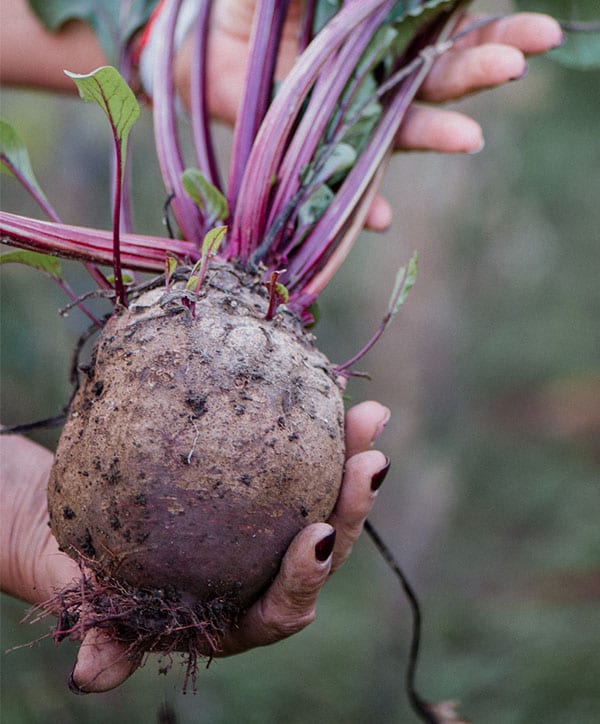

Organic
Organic produce. Best directly from the producer. Then the produce has hopefully not been treated with pesticides.


Prepare food yourself
This option is always better than convenience food. Cooking can be very meditative. Cooking together with friends is fun!
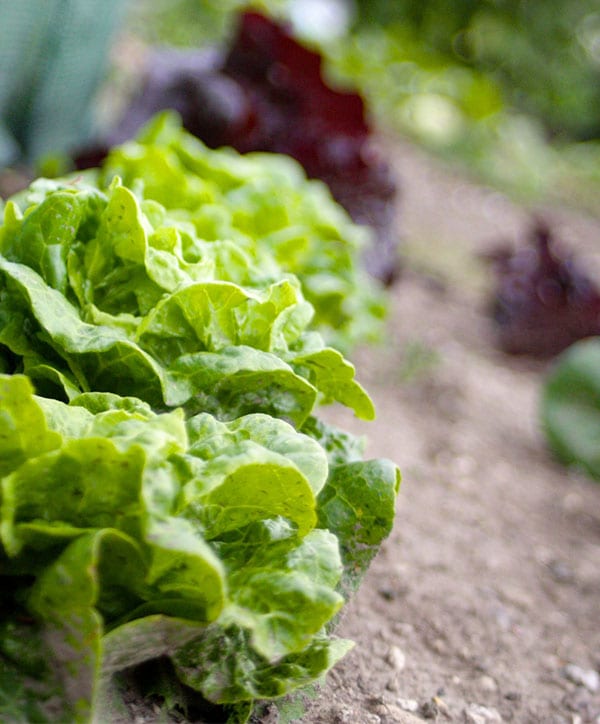

Home farming
Grow organic vegetables. It's much easier than you think. You can make a start in boxes, tubs, or pots on the balcony.
In other words
Eating well with fibromyalgia not only means eating healthier, but also shopping well and preparing with love. The first video link above leads to a video with tips on how to do this. The second video link is a talk with Dr. Ginerva Liptan who treats Fibromyalgia and wrote the book: The Fibro Food Formula. This will help if you feel, cooking and eating well is so much work when you have no energy.
There is no "fibromyalgia diet" yet. There are noteworthy empirical values for pain diseases. I live mostly vegan and gluten-free, and it's good for me. Ultimately, it's a case of trying what works for you. Everyone is and eats differently.
According to the medical journal, the Japanese have one of the healthiest traditional cuisines in the world. And it is also my favourite way of preparing food at the moment. I will write about this in another post. Japanese recipes
What is so good about Japanese food? en
Any change in diet should be discussed with your doctor beforehand. I am not a doctor or a therapist and this information does not replace a visit to a doctor or nutritional advice. I am providing information here based on my experience, (I once started a course in nutritional counseling) and research.
Sources:
Neurolab. (o. J.). Glutamate in the human organism. Retrieved May 15, 2020, from https://neurolab.eu/infos-wissen/wissen/neurotransmitter/glutamat/
Stephens, S., & Mackenzie, S. (2018, March 16). Fibromyalgia: What to Eat, What to Avoid. Retrieved May 15, 2020, from https://www.everydayhealth.com/fibromyalgia/diet/fibromyalgia-what-eat-what-avoid/
Watson, p. (2017, September 14). Fibromyalgia Diet, Eating to ease symptoms. Retrieved May 19, 2020, from https://www.healthline.com/health/fibromyalgia-diet-to-ease-symptoms
Vitamin B12 against nerve damage - helpful? (o. J.). Retrieved 23 May 2020, from https://www.schmerz-med.de/polyneuropathie/ernaehrung/vitamin-b12/
Fear of glutamate in food is unfounded. (2019, September 30). Retrieved April 4, 2021, from https://www.quarks.de/gesundheit/ernaehrung/angst-vor-glutamat-im-essen-ist-unbegruendet/
Little, Y. W. (2021, 27 March). Fear of glutamate: How dangerous is the flavour enhancer really? Facts and prejudices. Retrieved 4 April 2021, from https://www.fr.de/ratgeber/gesundheit/glutamat-essen-ungesund-geschmacksverstaerker-lebensmittel-gesundheit-gefaehrlich-ernaehrung-frankfurt-ltt-zr-90250591.html
Pictures:
Broth - boiling chicken soup in pot by Jacek Chabraszewski
Hot dogs and soft drinks. Photo by call me hangry 🇫🇷 on Unsplash
The Pain Scale:
Cartoon vector created by brgfx - www.freepik.com



